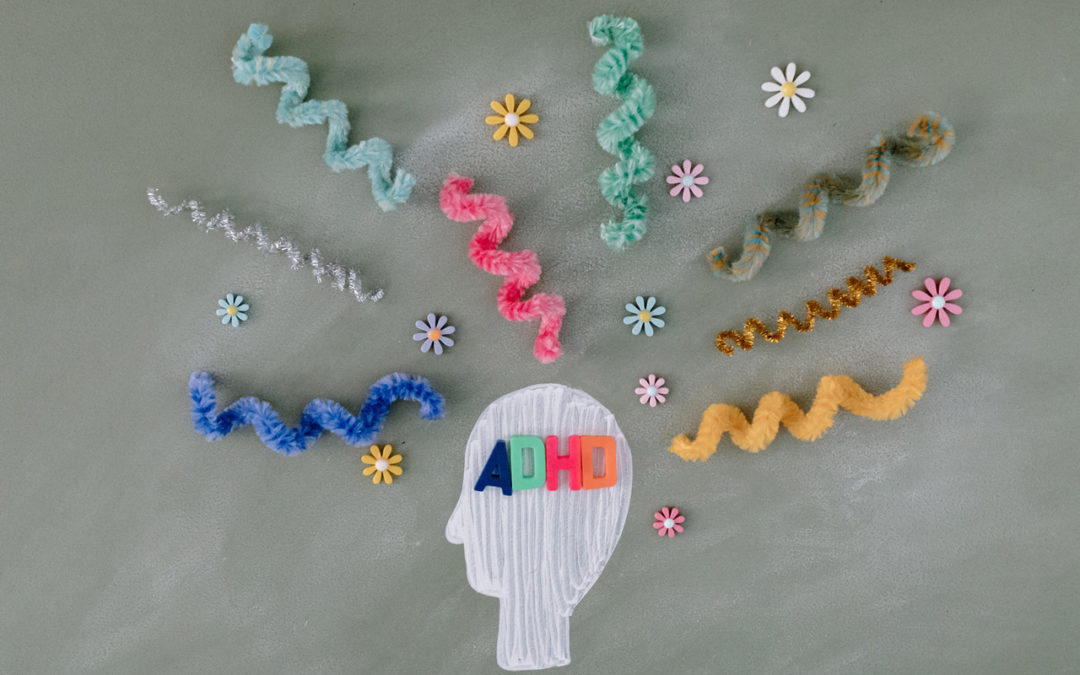Not getting a restful night’s sleep? The signs of hyperactivity at night in children are often obvious and present as overall restlessness and ‘bouncing off the walls’ -type behavior, but with adults they tend to be more subtle. It’s also common for adult individuals with ADHD to suffer from hyperactivity before bed and subsequent sleep problems.

It's not uncommon for individuals who suffer from ADHD to have irregular sleep patterns Photo by Tara Winstead from PexelsAccording to a study conducted at the University of Toronto, 55 percent of all patients diagnosed with ADHD experience sleep disturbances. More recent findings in Australia suggest the number could be higher, says Paul Baterina, chief operating officer at Sleep Advisor, a website dedicated to helping people discover a world of better sleep.
Disrupted rest in ADHD patients is so common that it can even be used as a criterion for diagnosing the condition, though it’s presently just listed as an ordinary coincidence, according to Billy Roberts, licensed therapist and owner of Focused Mind ADHD Counseling, which works exclusively with adults with ADHD.
Adults with ADHD are more likely than those without the disorder to suffer from sleep issues, Roberts says. That’s because adults with ADHD have both hyperactive minds and bodies.
For these individuals, “neither body or mind naturally turns off when the lights go out, as many struggle with time blindness,” he says. “Time blindness leads to a lack of awareness of time, causing many ADHD adults to go to bed at random times without a predictable pattern.”
This causes sleep problems because the human brain prefers predictable patterns when going to bed. However, many “ADHDers’” hyperactive minds make it so they feel like they can’t ever shut their brains off or wind down, Roberts says.
How to recognize you become hyperactive at night?
Recognizing a pattern of sleeplessness is important as it’s the first step in treating it. Sleep disturbances for adults with ADHD often stem from a lack of a sleep routine, Roberts says.
“Consider an airplane coming in for a landing, a pilot needs to do a lot of different things to prep the cabin so the plane and everyone else is ready for a landing,” he says.
If the wind-down prior to sleep feels more like an abrupt and turbulent experience for you, rather than a smooth glide into the airport, establishing a nightly routine can help.
Baterina agreed with Robert’s suggestion, noting the importance of setting aside time to mentally and physically unwind before bed.
“Many individuals keep a packed schedule, competing to pack in as many activities as possible, but this can be detrimental to our health,” he says. “We need time to mentally and physically unwind before bed; otherwise, falling asleep after we’ve had a non-stop day can be challenging.”
What are some methods to address hyperactivity at night?
- Establish a solid sleep routine
This might mean prepping for bed an hour early, turning off screens, turning down lights, meditation, calming activities, all to just begin alerting the brain it’s time for bed.
The key is not giving up and making the routine a habit, ADHD brains love habits to cue their internal clocks on what to do next,” Roberts says.
- Create an environment conducive to sleep
“Many of us have begun working from home due to the COVID-19 pandemic, and if you’ve set up shop inside your bedroom, this may create confusion for our brains regarding where we’re meant to sleep and where we’re meant to work.” Baterina suggested.
Creating a space, even if it’s just your bed, that is meant only for sleep can help combat restlessness at night.

People who experience hyperactivity at night could end up feeling more tired during the day, because of circadian rhythm abnormalities Pixabay- Avoid napping throughout the day
People who experience hyperactivity at night could end up feeling more tired during the day, because of circadian rhythm abnormalities, says Isaac Robertson, nutritionist and co-founder and chief editor of Total Shape, a website that provides resources about fitness.
Disbalance in the body’s biological clock may also end up making an individual more active during the night rather than day. Sleeping during the day could worsen your biological clock so try to avoid taking naps throughout the day, he says.
- Cut down caffeine intake
This tip is self-explanatory. Try not to consume caffeine between 5-6 hours prior to sleeping, Robertson said.
Conclusion
It’s not uncommon for individuals who suffer from ADHD to have irregular sleep patterns, which can cause major issues with quality of life.
Although nighttime restlessness can be one symptom of ADHD, it can also be other things such as anxiety or normal kid behavior, according to roberts.
“The key to knowing if something is a ‘disorder’ is noticing it as a pattern along with other behaviors that impact day to day life. Either way, an assessment with a licensed mental health provider can provide more insight,” he says.
In the meantime, these tips may help improve your hyperactivity at night and help you get a more restful night’s sleep.

